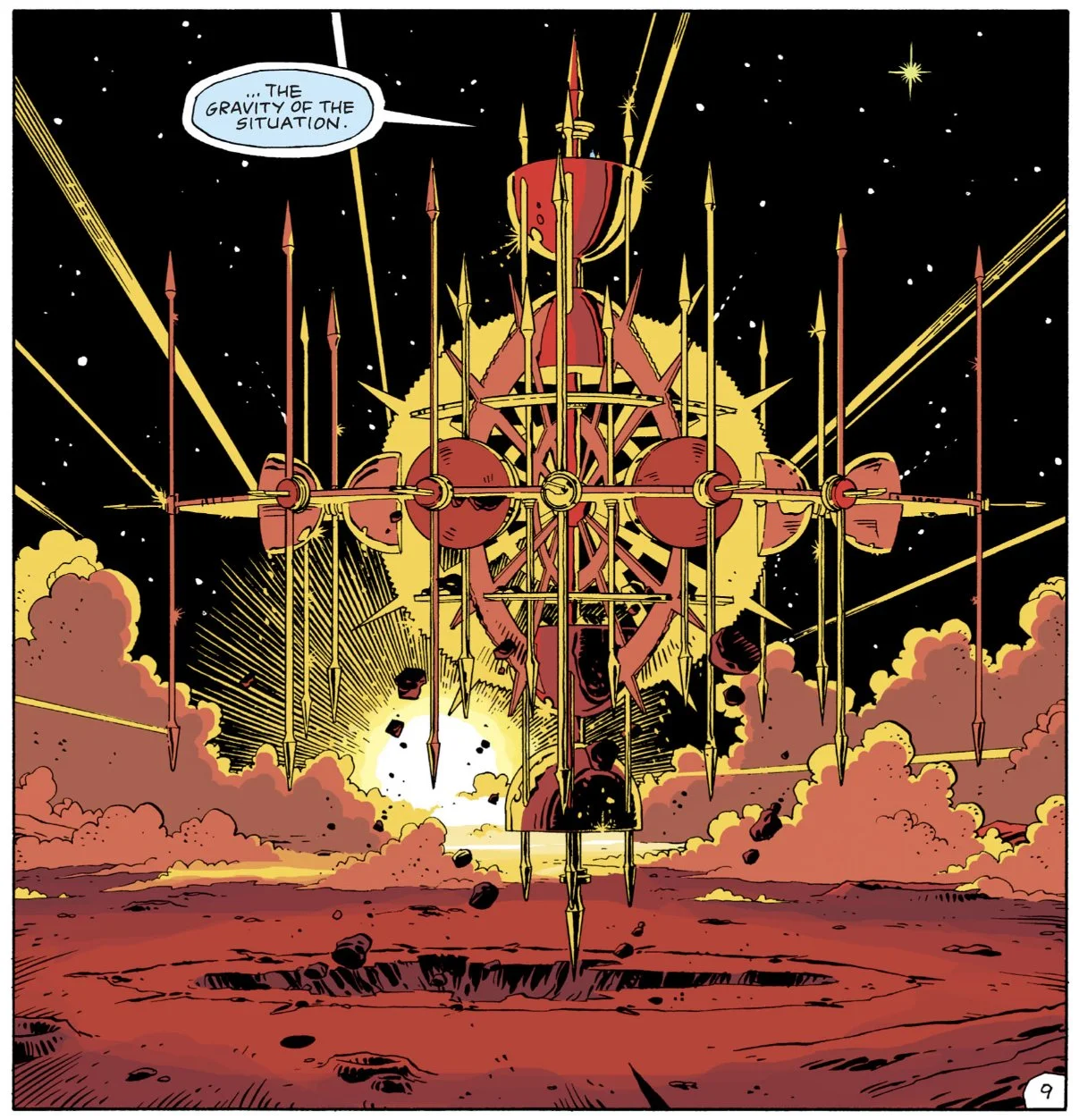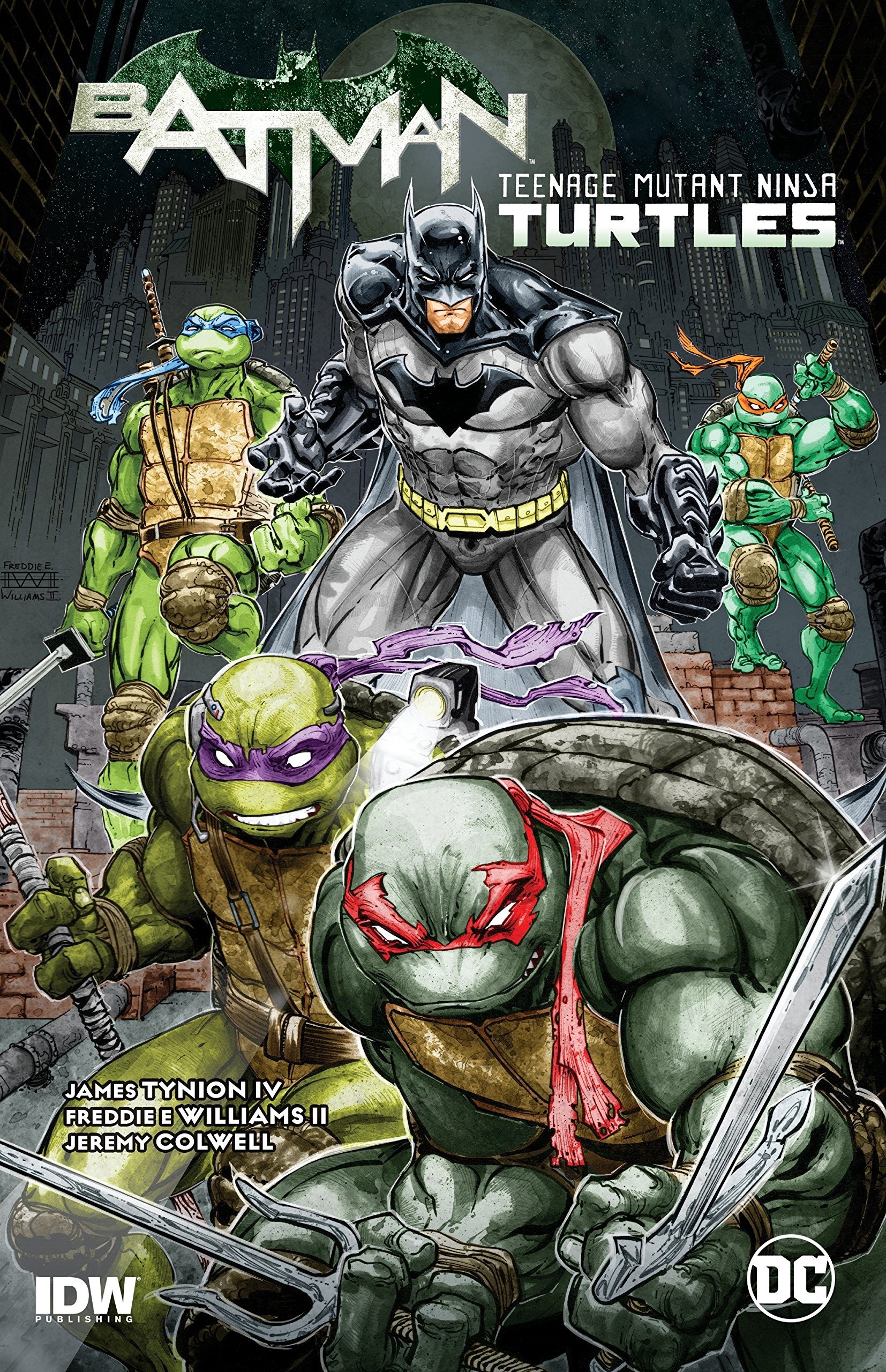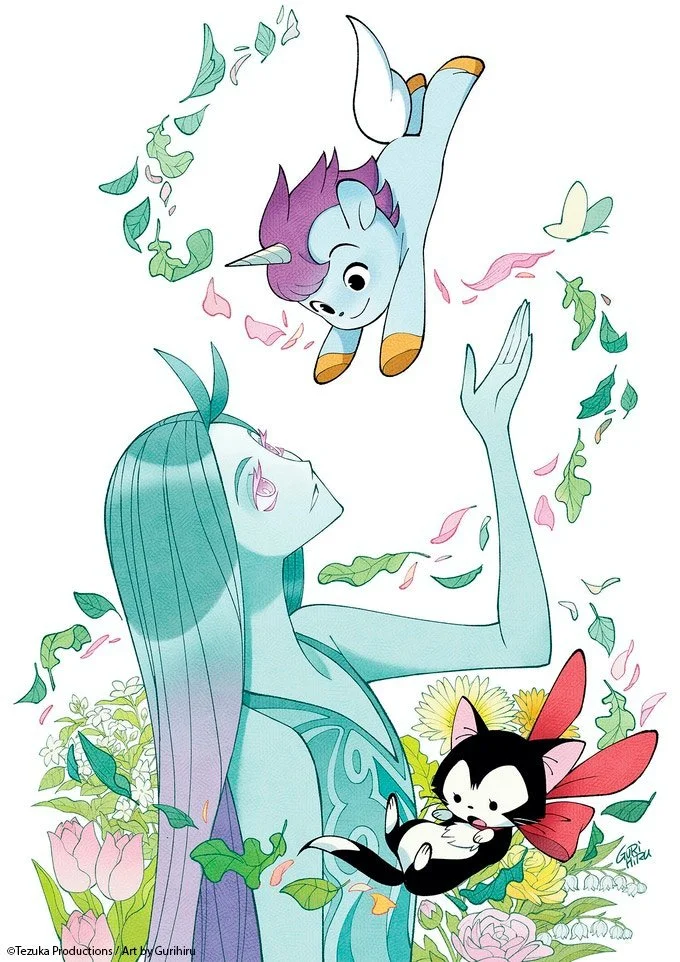Ta-Nehisi Coates at Marvel: Black Panther, Captain America, and The Dream
“I would not have you descend into your own dream. I would have you be a conscious citizen of this terrible and beautiful world.” - Ta-Nehisi Coates, Between the World and Me, 2015
By Larry Jorash — It has been almost five years since Ta-Nehisi Coates began to write for Marvel Comics, doing so by debuting on Black Panther before then also penning Captain America — two of the publisher’s most historic properties. Since then, Coates has guided his small corner of the Marvel Universe and fans alike through tremendous highs as well as the lowest of lows. His simultaneous runs have now spanned three Presidents, an attempted insurrection, and a global pandemic, providing as they did an unadulterated commentary on the continuing civil rights movements in the United States of America. Coates — a MacArthur Fellow, a National Book Award winner, a GLAAD Media Award recipient, and a political activist — was well equipped for this task, and now this spring, both books will arrive at their closing chapters.
Ta-Nehisi Coates at Marvel: Captain America
One thing that truly stuck out about Coates’ run of Captain America right off the bat was its intention to flesh out the aftermath from Nick Spencer’s story Secret Empire, in which Steve Rogers is erased and replaced with a fascist, sleeper-cell version of himself who proceeds to rule and declare martial law across all of North America. The run previous to Coates strongly shied away from any type of serious repercussions for the character, and it was truly a breath of fresh air to find a true exploration of how our hero must be feeling. As Steve Rogers says himself in Captain America #7, “Disgrace the shield and you disgrace the Dream.”
Captain America (2018) #7 by Coates, Adam Kubert, Frank Martin, and Joe Caramagna
The Dream is a recurring theme within the work of Coates. For Coates, the Dream is two-fold. On the one hand, it is a brilliant call-back for long time readers to the now famous quote from Daredevil #233, where Steve Rogers makes a stand against his government and declares, “I’m loyal to nothing General — except the Dream.” On the other hand, when Coates speaks of the Dream in other media, he’s referring to the ignorance and naivety of modern, white Americans in believing their country to be a glorious beacon of hope, freedom, and democracy for all; when in reality this is true only for some. The ignorance to the horrors of 400 years of slavery. The ignorance to years of persecution of Native Americans, and racism towards migrants from Reformation Europe. The ignorance today of continuing to turn a blind eye to injustice, to police brutality, and to fascism. And still, the ignorance to ignore how those years shaped the world in which they now live.
Daredevil (1964) #233 by Frank Miller, David Mazzucchelli, Christie Scheele, and Joe Rosen
Coates argues in his book Between the World and Me that, “to awaken [the dreamers] is to reveal that they are an empire of humans and, like all empires of humans, are built on the destruction of the body. It is to stain their nobility, to make them vulnerable, fallible, breakable humans.” Steve Rogers is the personification of the common naivety related to these blind spots. Rogers is, essentially, a white man from 1940s New York, wrapped in the flag, flown off to war, and plastered across the zeitgeist as a propaganda tool for the Dream. As we watch Steve grow in this story, we also see him take on the responsibility of sharing his privilege, helping those less fortunate than himself, and wrestling internally with the fact that so many in the country today raise the flag of the United States in the name of hatred and bigotry — the same flag Steve and his shield are draped in. This is a type of growth necessary for the character in the face of so many of the evils of today.
Captain America (2018) #13 by Coates, Jason Masters, Matt Milla, and Caramagna
Ta-Nehisi Coates at Marvel: Black Panther
Ta-Nehisi Coates came onto the Black Panther franchise like a wildfire that spread across the scope of King T’Challa’s life and story. Coates begins his epic 68-issue run by depicting T’Challa in the midst of an anti-monarchical uprising. The people of Wakanda are angry, and T’Challa is told directly in Black Panther #3 that, “a day is coming when Wakanda will be ruled by Wakandans... and the era of kings shall end.” As constitutional monarchy is primed to evolve in his country, in Black Panther #18 T’Challa also decides that he will explore the dream of his mother, “...to go journeying out among [the stars.]” “All [Wakanda’s] wisdom, science, ethics...touching whole star systems.”
Black Panther (2018) #12 by Coates, Jen Bartel, Kris Anka, Triona Farrell, and Joe Sabino
Against this new backdrop of deep space exploration, Wakanda’s King recruits a team from Alpha Flight to explore the realms of quantum mechanics and space to find the meteor that last dropped the Mound of vibranium in Wakanda. The exploration ends up in a foreign universe where the Wakandans on board take root and colonize, thus beginning the Intergalactic Empire. Through this colony, we experience the dangers of the Dream itself, noted in Black Panther #4, “…as colonizing turns to preventive strikes [which] became preventive occupation, and finally preventive conquest."
Wakanda Prime, as it comes to be known, spans the galaxy for 2000 years in an oppressive rule. T’Challa, in trying to honor his mother, ends up betraying everything he worked so hard to build and must atone for his sins involving the formation of an intergalactic colonizer; even if accidentally. We begin to view the Dream from the eyes of the Dreamer and see how even misguided good intentions can get away from us and mutate dangerously if we don’t take the time to fully understand the consequences of our beliefs and actions. “The Dream thrives on generalization, on limiting the number of possible questions, on privileging immediate answers,” writes Coates in Between the World and Me.
By not acting as the scientist that he is and first considering the consequences of manipulating time and reality for space travel, T’Challa became exactly like the colonizing rulers of 1800’s Europe, hiring raiders and explorers with little to no policing of their actions along the way. From trials that take him from amnesia to servitude and slavery, and back up to noble warrior we see King T’Challa re-enthroned, and humbled with newfound compassion for his citizens; ready to fight for them and their freedoms at any cost under the banner of citizenship. Through this story, Ta-Nehisi Coates brings to life a fantastic allegory for 18th century colonization and the sustained damage that it has done.
Black Panther and the Crew #6 by Coates, Yona Harvey, Butch Guice, Scott Hanna, Dan Brown, and Sabino
While Coates was at Marvel, he has certainly worked to leave a lasting imprint. Former Disney CEO Bob Iger wrote in his memoir, The Ride of a Lifetime, that he, “...was amazed by the elegant storytelling and the way Ta-Nehisi had added such depth to the character.”
While Coates most impactful accomplishments will almost certainly be the writing he has done and continues to do outside of comics, his time within the medium is likely to leave a lasting impression as well. It’s not hard to envision Coates returning to Marvel someday. Until then, however, we will have these two great, brave runs of comics. We will have a monarch in the modern age, a man draped in the irony of freedom, and the Dream that led them both blindly through ruin and rebirth.
Captain America (2018) #1 by Coates, Leinil Yu, Gerry Alanguilan, Sunny Gho, and Caramagna
Larry Jorash resides in Central Florida managing a comic book shop and coaching youth sports. In his spare time he enjoys ice hockey and reading. You will almost never find his hand vacant of coffee. Find him on twitter: (@theREALlarbear)












